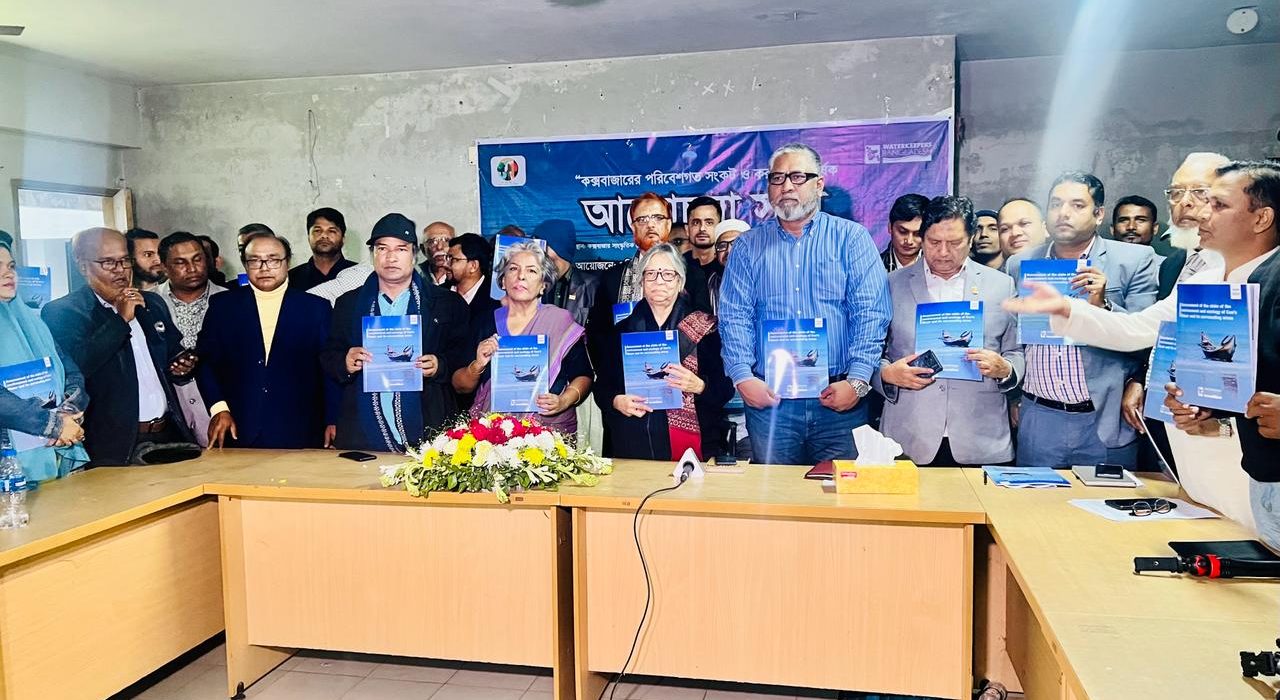
Dhoritri Rokhhay Amra (DHORA) and Waterkeepers Bangladesh have jointly organized a discussion meeting on ” Environmental Crisis of Cox’s Bazar and Way Forward” at the Seminar Hall of Cultural Center of Cox’s Bazar Sadar on January 25, 2024 (Thursday) at 3:00 PM. Sultana Kamal, President of the advisory Committee of DHORA, participated as the chief guest in the meeting. The meeting was presided over by Sharmeen Murshid, Co-convener of the central Convening Committee of DHORA and Sharif Jamil, the Member secretary of DHORA and Coordinator of Waterkeepers Bangladesh, was the keynote speaker. Abdul Karim Chowdhury Kim, Convening Committee Member of DHORA, freedom fighter Fazlul Quader Chowdhury, Convening Committee Member of DHORA, AJM Giasuddin Chowdhury, freedom fighter Akhtar Uz Zaman Chowdhury, and other local leaders participated as speakers.
Chief guest Sultana Kamal said, “Environmental and land protection requires political will. So our organizational capacity has to reach such a level that the political power comes under accountablility for playing its proper role”.
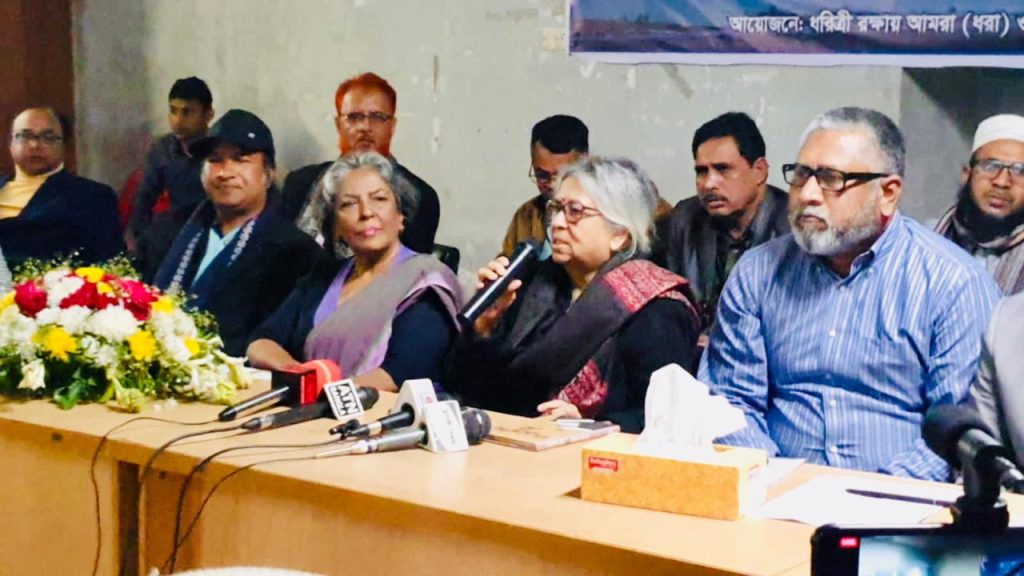
Sharmeen Murshid said, “The youth should be more involved in the efforts to protect the environment. The movement to protect environment and land should be spread at the school level”. She emphasized on involving honest and devoted men and women in this endeavour.
Keynote speaker Sharif Jamil, while presenting the study on “Assessment of the state of the environment and ecology for Cox’s Bazar and its surrounding areas” conducted by Waterkeepers Bangladesh, highlighted the causes of environmental disaster and measures to be taken in Cox’s Bazar and its surrounding areas, and said, “The environment of Cox’s Bazar is in vulnerable condition nowadays. rivers, forests, mountains, biodiversity, oceans are being destroyed due to infrastructure projects. Just as Saint Martin is almost drowning under the weight of extra bricks and stones of buildings. Numerous rivers including Bakkhali in Cox’s Bazar, Phuleshwari in Eidgaon, Matamuhuri in Chakaria and Kohelia in Maheshkhali are getting lost in encroachment and pollution. The virgin island Sonadia is also under threat because of the same reasons. Hotel sewage is polluting sea water. It will be difficult to save the scenic Cox’s Bazar if we don’t take action now. Future of Cox’s Bazar influences the whole country, so this is not just a problem of Cox’s Bazar, it is now a national problem. Cox’s Bazar should be saved with collaborative efforts by identifying the environmental problems. The government should first protect the environment, then conduct development activities. Right now, journalists, environmentalists and human rights activists need to be united through environmental organizations like DHORA. Those who are encroaching the river, extracting sand, supplying power and fuel in Cox’s Bazar must be unmasked. To prevent hill cutting, community groups should be formed and resistance should be built.

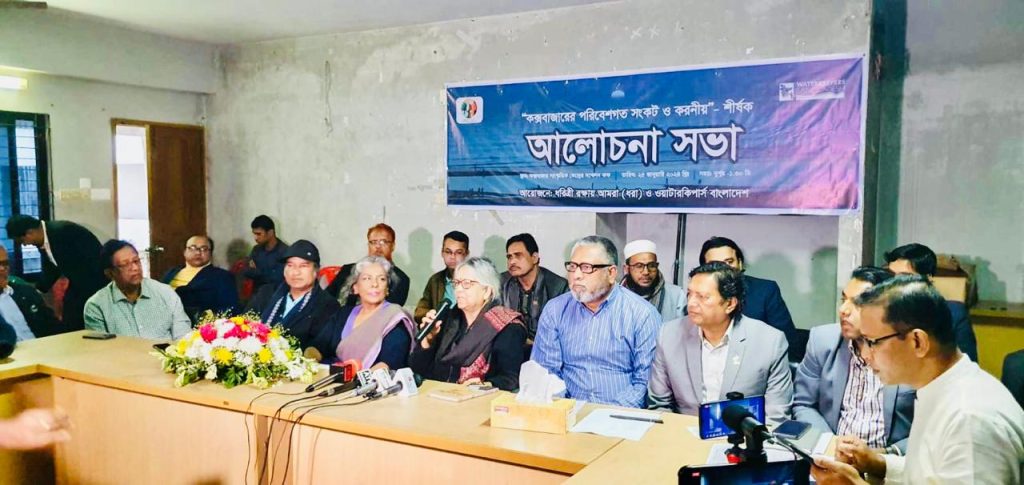
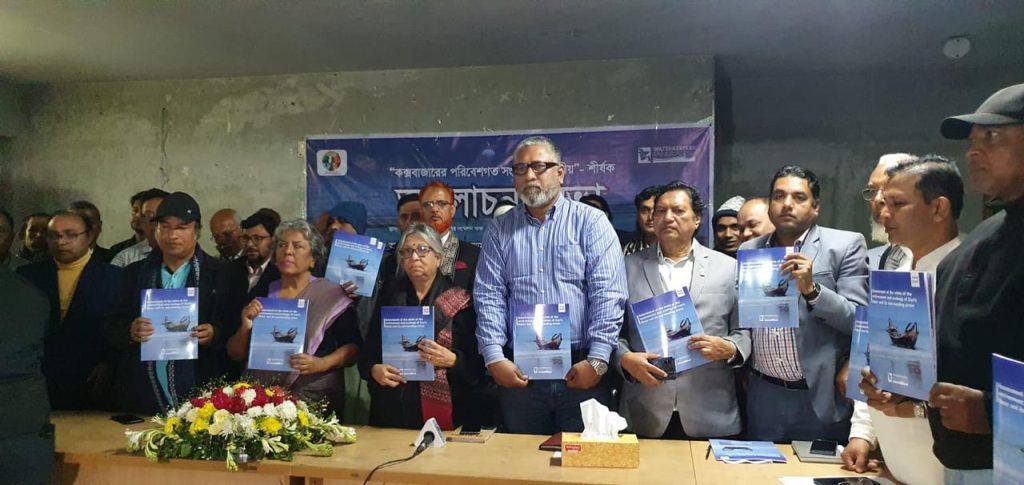
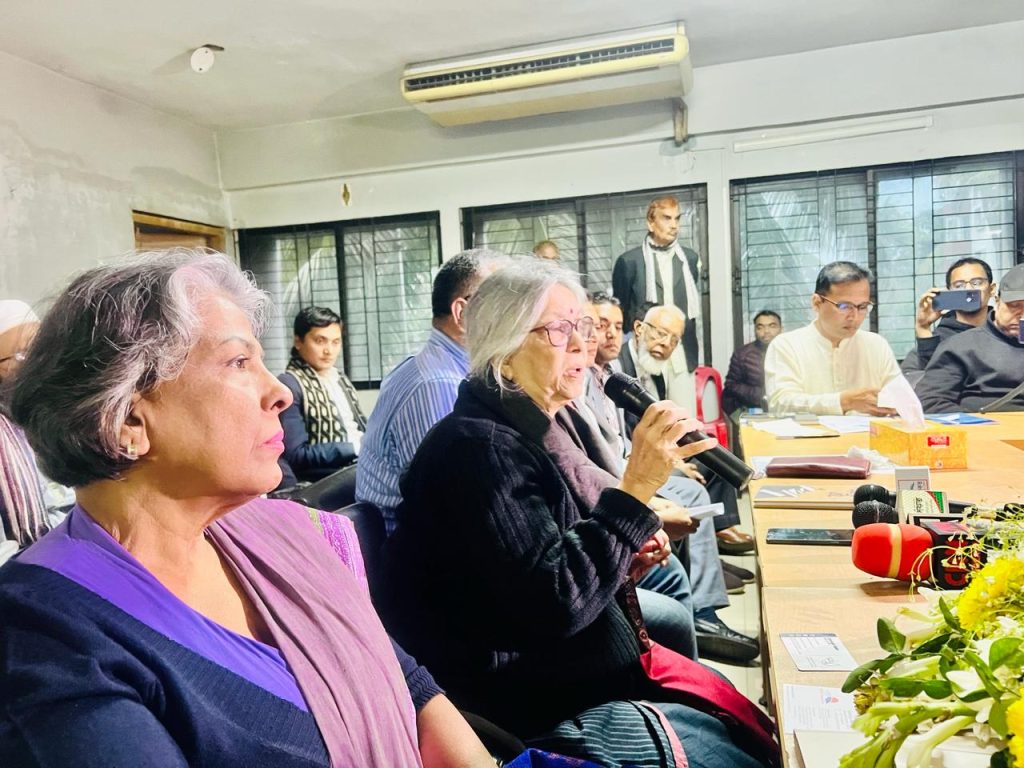
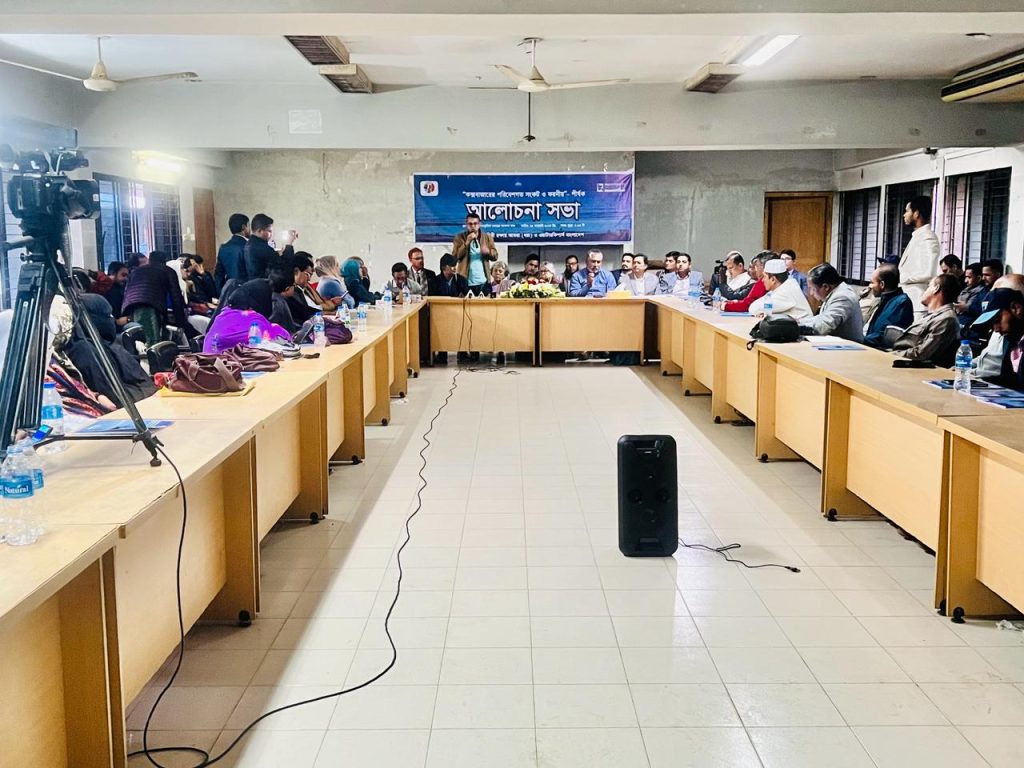
News Link – Cox’s Bazar Program
River Bangla, Kaler Kantho, Dainik Ajker Bangla, Ruposhi Bangla, Kaler Kantho, CNN Bangla 24, CoxsTV, Channel i,

